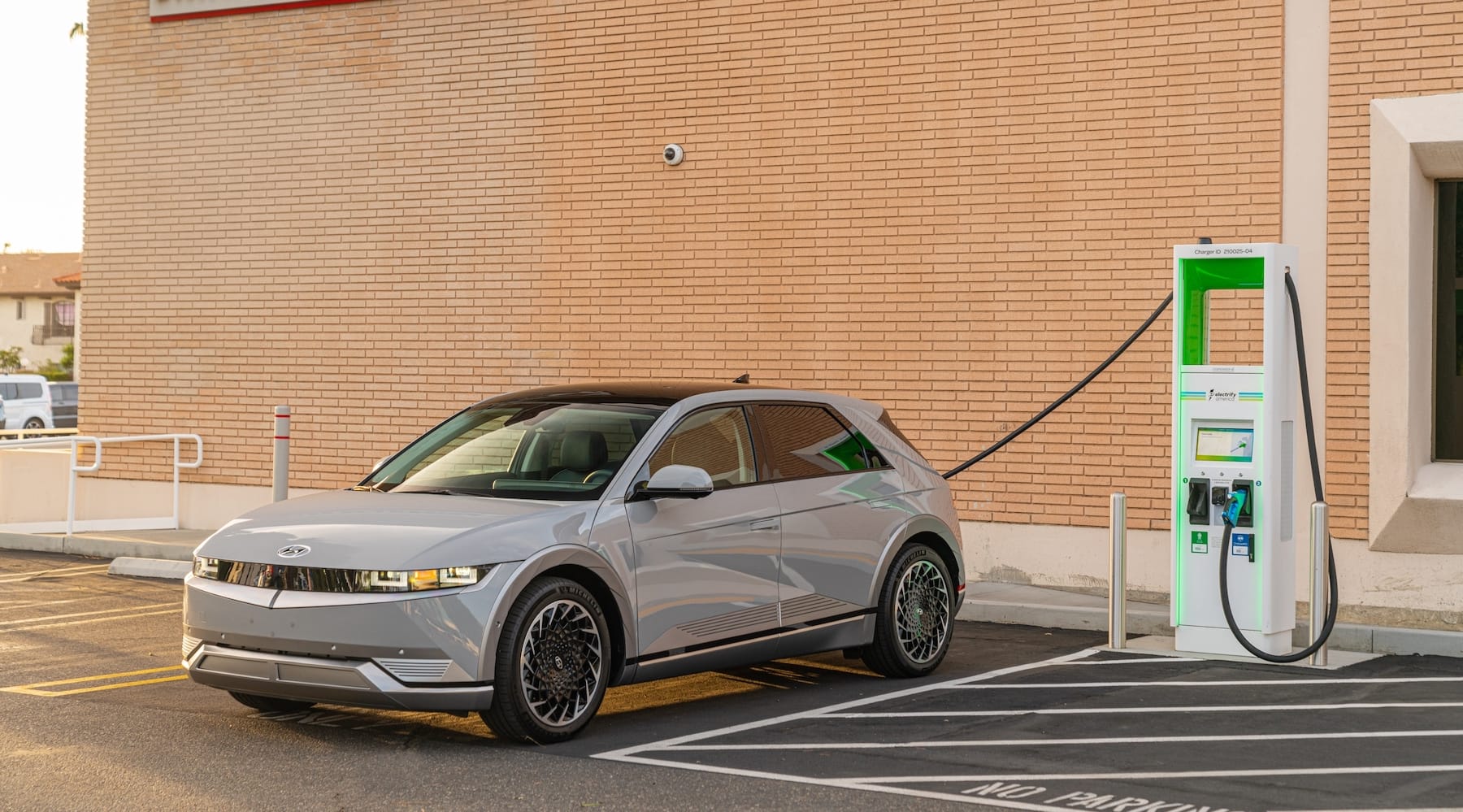For The Atlantic: The One Thing Holding Back Electric Vehicles in America
The biggest hurdle to mass adoption of electric cars is not the cars themselves.

Five years ago, when Bill Ferro would take a road trip in his electric BMW i3, he needed to be ready for anything.
Driving from Boston to Charlotte meant bringing along a 50-foot extension cord; a blanket, in case he needed to turn the car’s heater off to maximize its range; and a spreadsheet full of alternate plans in case the unexpected happened at public charging stations. In one memorable instance, he was forced to rush several miles at midnight to a backup charger when a plug in a dark mall parking lot not only failed to work but refused to unlatch from his car.
Today, Ferro gets into his Tesla, punches his destination into its navigation system, and doesn’t think much about running out of electrons.
This is likely what it will take to persuade Americans to switch to electric vehicles: the ability to drive wherever you want, whenever you want, and never seriously worry about getting stuck.
The public charging experience today is significantly better than it was when Ferro rolled the dice in his i3. According to the U.S. Department of Energy, the number of charging ports in America more than doubled from 2018 to 2022. A wide range of companies, including Walmart, Shell, Subway, and Mercedes-Benz, are getting into the market. And Ford recently announced that its cars will be compatible with Tesla’s expansive charging network starting in 2025.
But Ferro, the founder of EVSession, a data platform that tracks charger reliability, admits that those developments are not enough for what’s coming.
[Read the rest at The Atlantic]

